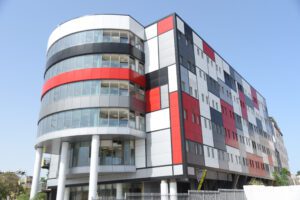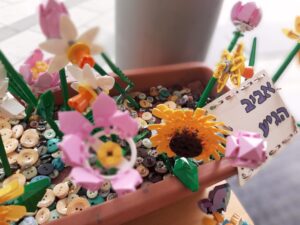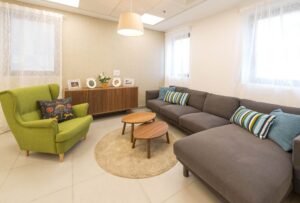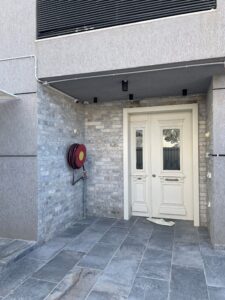© Ha’aretz Newspaper – by Bar Peleg. Photo: Rami Shlush
On Saturday night, a young volunteer in one of the rescue organizations returned to the Kiryat Herzog neighborhood in Bnei Brak, following the funeral of the young boy Yedidya Hayut, who was killed in the disaster. The volunteer’s eyes twinkled as he chain-smoked and the shirt he was wearing was white. Over the shirt he wore a bright yellow vest. He told Ha’aretz that he owns another vest, but it is all drenched in blood, and his hands are sore from the resuscitation efforts he performed last night on Mount Meron. He numbered 16 CPR attempts, not all of which were successful, but he gave them everything he had. He also said that he did not sleep at night, and that he was not the only one who hadn’t. “As a trained EMT volunteer, you arrive on the scene and are used to seeing one body, two, three, but here there were large numbers of dead bodies. Volunteers were crying,” he said.
Since the end of the activity in the field, mental health professionals and social workers have been assisting the hundreds of members of staff and volunteers who have been in the field. “There are circles of exposure to events and crises,” Prof. Rael Strous, Director of the Mental Health Center at Mayanei Hayeshua and a member of the Psychiatric Federation of the Medical Association, told Haaretz. “There is the person who experienced it, then those who just saw it, then the victim’s family, and finally, the caregivers. Everyone is at the risk of post-trauma, of experiencing a ripple of exposure,” he explains.
Another EMT volunteer noted that his sleep has been impaired since the disaster. The day before yesterday, he watched the news broadcasts after failing to fall asleep and saw a picture of himself among photos from the mountain. He said he did not remember himself that way. Since the disaster he has talked to several psychologists, and he is encouraging any rescue workers who were at the site to go and talk to professionals. Prof. Strous also describes mixing the personal with the professional. “On Friday, immediately following the disaster, I was in the emergency room,” he says. “Many of our staff are religious, and one of them – a staff member in the emergency room – lost her husband in the tragedy. All the staff has had to deal with it and process the feeling of pain, while working, helping people while also handling their own feelings.”
Over the past few days, Prof. Strous has been leading support groups for hospital staff. He says he was able to spot three main elements concerning those who were working at the time of the disaster. The first is that watching videos from the site has affected the therapists. “It’s a kind of recurring flashback, and it’s very negative,” he explains.
“Forgetting is a kind of defense mechanism, but the videos from the disaster bring back the trauma and it can make the situation worse.” Another thing he noticed was the feeling among the rescuers that they had to give up resuscitation efforts and jump from one person to another. The third thing Prof Strous noticed was that the therapists were reminded of another collective trauma – the Holocaust. “There were corpses upon corpses, glasses strewn to the side, shoes on the side. Death by suffocation. The ghost of the Holocaust was there. We did not think about it in advance,” he says.








